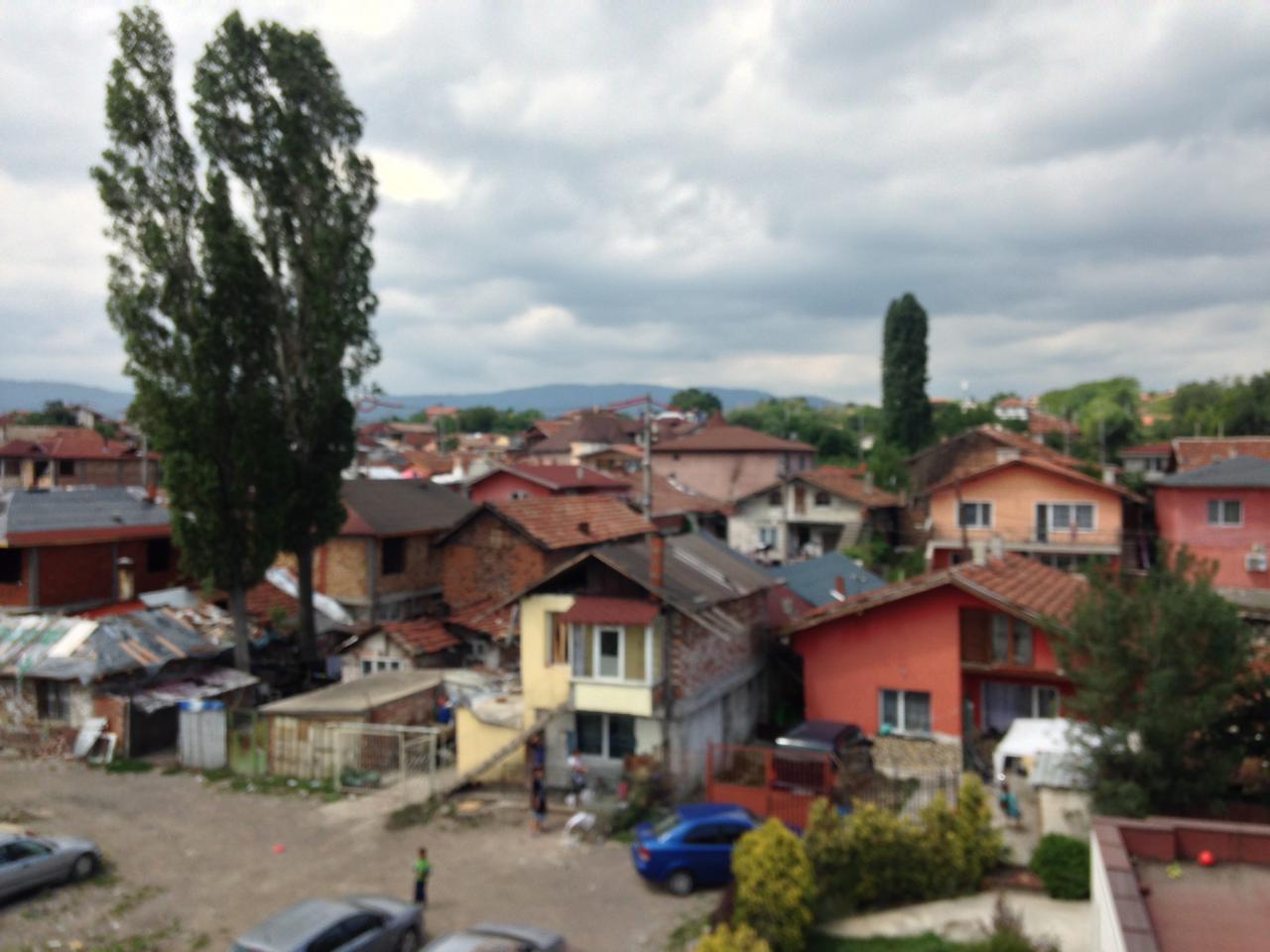
Why leanring from the city of Lisbon?
For the past 10 years, the Portuguese capital has gained significant practical experience, while creating, applying, and upgrading its Local Development Strategy for priority intervention areas. The document provides the municipality with a set of tools to tackle poverty and mitigate inequalities - social, economic, and educational. This happens with the joint efforts of the administration and local communities.
Based on its experience, Lisbon has created the so-called toolbox - a structured guideline on the creation of local development strategy, containing four instruments:
Mapping of the Priority Intervention Territories of the city, according to the overlapping of Social, Economic, Urban and Environmental deprivation indexes that express the fracture of the city.
Local Task Force: local structures that develop a co-governance framework involving the municipality, civil society organizations, local communities, and businesses.
Activator Grant: a program that funds and ignites local community projects aimed to respond to local needs, promoting local organizations partnerships, empowering local communities, and enabling sustainable urban development.
Collaborative Platform for Community-Led Local Development, which is a bottom-up co-governance network that develops a global strategy to priority intervention territories and promotes experience to enhance local partners’ skills.
What makes this toolbox extremely scalable is the fact that it could be adapted to very different realities and contexts, but the logical connections between the instruments always stay the same.
The knowledge transferring journey
By participating in Com.Unity.Lab, Sofia has the opportunity to exchange experiences, good practices and innovative approaches for social inclusion and integration of problem areas. The project is implemented by Sofia Municipality, represented by Sofiaplan - the municipal enterprise for spatial and strategic planning , Department for Integration of People with Disabilities, Programs and Projects, and Directorate for European Policies and Programs. The Com.Unity.Lab network consists of one leading partner - Lisbon and seven participating partners Bari, Aalborg, Sofia, Ostrava, Lublin, The Hague, and Lille.
The network allows the different cities to share their best practices and receive feedback from each other. Apart from the program workshops, the Sofia team initiated bilateral meetings with the leading partner to receive detailed consulting on their methodology for urban planning units assessment. Additionally, a gamification method for engaging local communities in the process of urban planning was presented by the Lisbon team.
Com.Unity.Lab Sofia - the right piece of the puzzle
In 2019 Sofia officially joined the Com.Unity.Lab network, focusing on two specific areas: the creation of a Social Cohesion Map and adoption of best practices on the inclusion of local communities in urban planning. But this was just the beginning, as a greater opportunity appeared on their horizon.
In 2020 the municipal enterprise Sofiaplan started working onthe Program for Sofia. This is the Integrated territorial investment strategy (ITI) of Sofia Municipality for the period 2021-2027. The strategic document defines the medium-term goals and priorities for sustainable integrated development of the city. The process of creating the Program includes the identification of priority areas for intervention and specific projects that will be implemented.
These circumstances allowed Sofia to utilize the Com.Unity.Lab learnings when crafting the city’s ITI strategy. More specifically in the following three steps:
The Com.Unity.Lab mapping instrument was adapted to support the creation of a very comprehensive analysis of the entire municipality. The final goal of this mapping is to capture the current state of Sofia from a variety of perspectives, assessing the city's green system, access to education, health care, social service, transportation, etc.
The second step of the Program for Sofia is the identification of areas with the greatest need for intervention and project realization, where the good practices from the Lisbon mapping instrument were once more applied.
Following the Com.Unity.Lab toolbox recommendations, the Program for Sofia plan included the crucial step for consultation with local communities, businesses, and administration in these areas in the form of local working groups.
As part of the Program for Sofia, Sofiaplan team is creating the so-called passports of each urban-planning unit (i.e. neighbourhood). The passports present information for the current state of the unit based on its population, green system, building stock, number of schools, accessibility, cultural facilities, etc. In the long term this approach will be used for the city’s so called parametric planning process. Based on the detailed information for each unit and its estimated potential, the parametric planning process will allow Sofiaplan to generate different scenarios on how a specific development goal for the area could be achieved.
What to expect from the Program for Sofia
The Program for Sofia aims to point towards the most well-reasoned and necessary for the city project ideas. The main task of the Program is to achieve an integrated approach in urban planning and coordinate the efforts of various stakeholders.
The Program for Sofia is expected to be completed in mid- 2021 and subsequently to be discussed and adopted by the Sofia Municipal Council. Within three months after the adoption of the Program, it will be presented to the Regional Development Council.
---
The Com.Unity.Lab project is funded by the European Union's URBACT III Program, which supports the construction and development of networks between European cities to promote sustainable and integrated urban development. The program is co-financed by the European Regional Development Fund. The leading partner is Lisbon (Portugal), in partnership with the cities of Sofia, Bari (Italy), Lublin (Poland), Ostrava (Czech Republic), Lille (France), Aalborg (Denmark), and The Hague (Netherlands).
